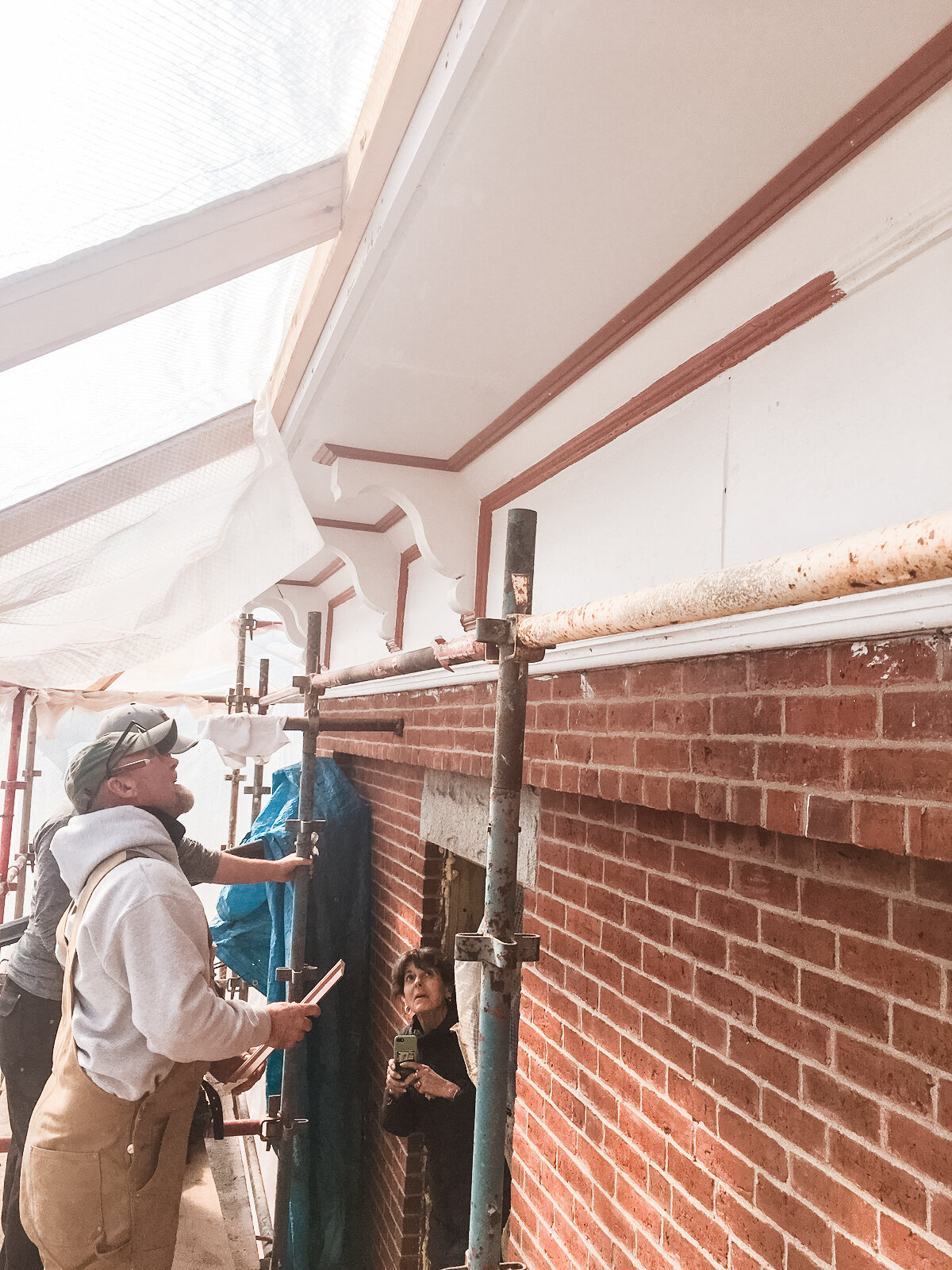Contractor vs. Builder
Here’s a (very) quick breakdown of Contractors and Builders. I also threw in a little bit about Subcontractors. Read time: 5 min. Enjoy!
Contractors
People who call themselves Contractors are actually “General Contractors”. In the building industry that’s shortened to “GC”.
Quick sidebar… There’s a difference between a General Contractor (GC) and a Subcontractor (Sub):
General Contractor’s act as the leader of a team of Subcontractor’s. If the GC is a small company, they usually hire out any trades they don’t have in house. These hired tradespeople are called Subcontractors.
General Contracting companies can range from one person hiring out all Subcontractors and putting in a fair amount of manual labor themselves to huge companies of hundreds of people, some who never get out of the office.
A Subcontractor is usually hired by the GC on a project-by-project basis. Subcontractors usually specialize in one trade like electrical, plumbing, or HVAC. BUT! They’re not mutually exclusive terms (I love that phrase, nerd alert!). Someone can be an electrician, plumber, or HVAC pro without being a Subcontractor. At some large GC companies, those tradespeople work under the umbrella of the GC company.
A Contractor (aka General Contractor or GC) has to be licensed in most states. Well actually, the requirements differ from state to state. Some states require a license but others only require registration or certification. And some states require nothing at all! I honestly can’t say it much better than Home Advisor:
Licensing involves passing exams and meeting certain criteria to prove reasonable competency in a trade.
Registration is a written record of who is performing the work. It doesn’t guarantee expertise or competency.
Certification is usually voluntary, but some states may require it for certain jobs or practices. It can be obtained in place of a license in some states, or in addition to licensure.
Like I said, the requirements for GC’s vary state to state. And they vary WILDLY. I’ll give a few examples but first let me clarify:
If your project doesn’t require a permit, you don’t need a GC. Things like installing new flooring, replacing countertops, and changing out a faucet do not need a permit. Check with your building department to see what needs a permit.
If you don’t need a permit, you can turn to a Builder! See below for more info on that.
Ok! Some examples of the the WILD variation in states’ requirements (as of this 2019 Home Advisor article):
California requires a GC on any project exceeding $500 (which is pretty much every project). GC’s are required to have a license.
BUT in some cities, if you’re building a new home and want to sign up for a bunch of responsibility, you can be an “Owner Builder” and waive the requirement for a GC. I do not recommend it unless you have lots of time and patience.
Maine does not require a GC on any project. In fact, there is no way to be a licensed GC in Maine. So the title of GC is more about their subcontractor management than proof of competency. Oh, but they do have to register as a business.
Luckily, like most other states, Maine requires licensure for plumbers, electricians, and asbestos abatement pros.
New York may surprise you. They do not require GC’s to have a license at the state level. However, a license is required by many local jurisdictions, like New York City.
If you want to look up your state, check out this article.
A house built by my favorite Owner-Builders, Mom & Dad
Builders
A Builder has a more general definition than a General Contractor. A Builder can be a carpenter or framer or someone building treehouses in their backyard. Sometimes even General Contractors call themselves Builders! It can be really confusing. When you meet a Builder, be sure to ask, “What kind of builder are you?” The answer is often intriguing.
If you live in a state that requires a GC, be sure to clarify that your Builder is actually a licensed GC. Unless you want to be an Owner-Builder. Again, not recommended.
If you’re not required to have a GC and you decide not to hire a GC to manage your subcontractors, you’ll probably start meeting with Builders. Make sure you know exactly what trades they offer. Are they framers and/or finish carpenters? Do they build treehouses or mega-mansions? Do they have other Subs they can bring in or will you have to find those? You get the point. No GC means you’re in charge of taking the project from start to finish. You need to understand the process thoroughly and should still expect to fumble along the way.
Whoever you choose to build your project, always check their insurance (worker’s comp AND liability) and two or three references. Also (this is a big one most people don’t know), check your Builder or Contractor’s bonding. You want them insured for the price of your project but you also want them BONDED for the price of your project. Trust me, you can lose a lot of money when an insurance company finds a loophole. Bonding gives an added layer of protection and, if the builder is good, they won’t have a problem providing a bond.
That’s it! Email me with any questions and let me know next time you’re looking for someone to build your house. I have lots of contractor and builder friends. :)
One more thing!
If you live in a cold state and want to build this summer, now is the time to get going. Seriously.
Anyone in the building industry worth their salt will soon be booked up for the year.
Let’s get started!





